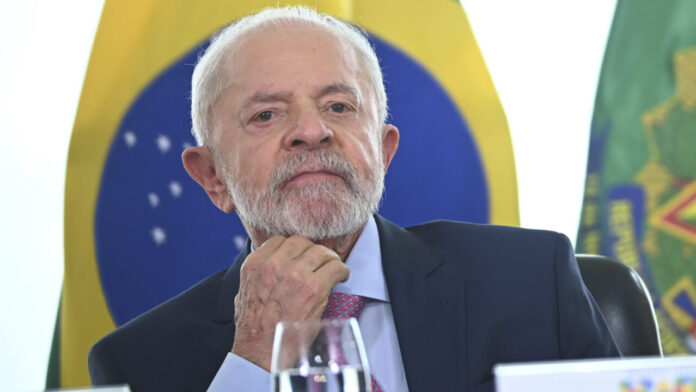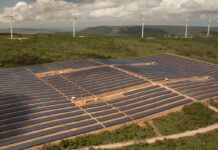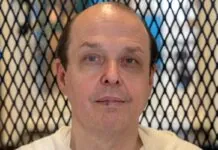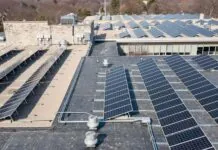
Brazil is facing an important moment as tax reform discussions heat up in Congress. President Luiz Inácio Lula da Silva has returned to his leadership duties after recovering from emergency brain surgery.
He is now focused on ensuring that the proposed tax changes bring fairness and stability without adding extra burdens to the people.
Lula’s Recovery and Return to Work
President Lula was discharged from the Sírio-Libanês Hospital in São Paulo after undergoing emergency surgery to drain a brain hemorrhage caused by a fall in October.
Strong and Steady: Brazilian leader Lula back on feet after brain surgery
President Lula has shared an uplifting video of himself walking unassisted after his emergency brain surgery this week. pic.twitter.com/femDS8kNLA
— RT (@RT_com) December 14, 2024
Lula reassured Brazilians in an interview that his recovery is progressing well and that he feels ready to resume work. While resting at home under medical observation, he emphasized his commitment to guiding the country through the challenges ahead, particularly the ongoing tax reform process.
What Does the Tax Reform Propose?
The tax reform seeks to simplify Brazil’s complex tax system by consolidating five existing taxes into two value-added taxes (VAT): the Contribution on Goods and Services (CBS) and the Tax on Goods and Services (IBS). The goal is to streamline collection processes while maintaining neutrality in the overall tax burden.
Key aspects of the reform include:
- Unifying taxes like ICMS, ISS, IPI, PIS, and Cofins.
- Phasing in the new system by 2033 to allow businesses and citizens to adapt.
- Providing sector-specific exemptions to support areas like sanitation, housing, and healthcare.
- And let’s not forget the controversial part about weapons.
Senate’s Amendments and Potential Impacts
The Senate recently introduced changes to the tax reform proposal, offering more exemptions to various industries. These changes could lead to a higher VAT rate than initially projected. For instance, sanitation services were granted a 60 percent reduction in the standard tax rate, which alone could raise the general rate by 0.38 percentage points.
The Finance Ministry’s original estimate for the VAT rate was 26.5 percent, but recent revisions could push this figure to 28,6%.
🇧🇷 Senado aprova reforma tributária com Imposto sobre Valor Agregado (IVA) de 28,6%, o maior do mundo. pic.twitter.com/awzy5eOT52
— Republique 🗞 (@republiqueBRA) December 13, 2024
Lula’s Stance on Tax Increases
In his first public remarks after leaving the hospital, Lula made it clear that his government does not intend to raise taxes. He believes that proper enforcement of existing tax laws would generate sufficient revenue for the country. Lula plans to work closely with Finance Minister Fernando Haddad to evaluate the Senate’s changes and ensure that the reform remains fair and effective.
“We do not want to increase taxes in this country. Brazil already has enough revenue when taxes are collected correctly,” Lula stated.
Em plena Rede Globo o presidente Lula foi pra cima da Faria Lima e disse que não aumentará impostos pra satisfazer os interesses dessa gente.#Fantástico pic.twitter.com/DTqAzKHvBP
— Vinicios Betiol (@vinicios_betiol) December 16, 2024
What Comes Next
The reform proposal will return to the Chamber of Deputies for further discussion. Party leaders are set to meet to debate the Senate’s amendments, which include:
- Benefits for the real estate sector.
- Removal of sugary beverages from the list of products subject to higher taxes.
Looking Ahead
Lula’s return to leadership comes as the country waits for the final decision on tax reform. He aims to keep the tax burden unchanged while ensuring fairness in the system.
The choices made in the next few weeks will have a significant impact on Brazil’s economy.
Read Next – PIS Pasep 2025 Salary Bonus
















